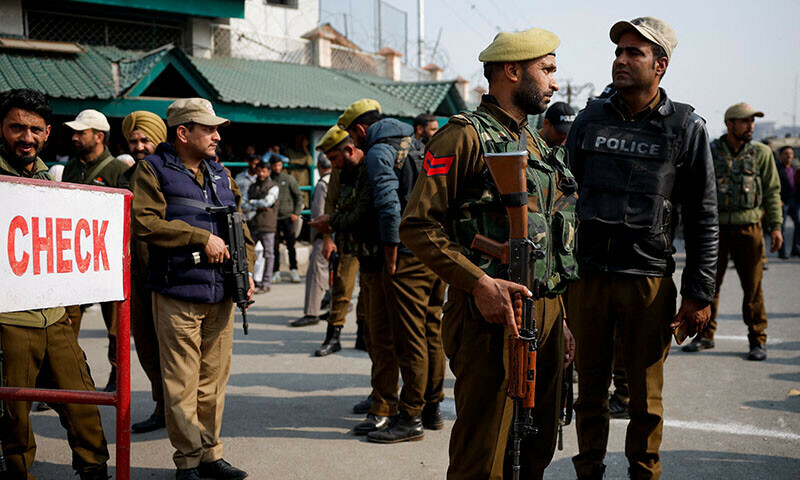WORLD NEWS

India is set to overhaul its criminal sentencing norms in response to widespread public outrage following a controversial 2022 rape conviction. The case, which saw a man sentenced to death within just 30 minutes of trial, prompted significant scrutiny of the judicial process and accusations of arbitrary punishment.
A higher court in Bihar later overturned the conviction, citing the defendant’s lack of opportunity to present a defense and the judge's hasty decision-making. The court emphasized the need for improved training for judges to prevent similar instances in the future.
In light of this case, the Indian government plans to develop a grading system to ensure that punishments are commensurate with the crimes committed. This initiative aims to standardize sentencing practices and align India's judicial system more closely with models from countries such as Britain, Canada, and New Zealand.
Plans for Reform:
The law and justice ministry is expected to present its comprehensive sentencing policy to the Supreme Court in December, following the court's request in May for the government to consider such reforms. Sources, who wished to remain anonymous, indicated that while the plan is still in the works, one proposed measure includes establishing a minimum punishment guideline. This would assist judges, particularly in lower courts, in delivering sentences that appropriately reflect the severity of the crime.
The new policy will address all criminal cases, but particular attention is being paid to those tried under the Protection of Children from Sexual Offences Act (POCSO), which allows for sentences ranging from three years to death.
Historical Context:
Judicial practices in India have often led to the imposition of severe penalties, especially in cases involving sexual crimes, as judges attempt to respond to public outrage. For instance, in 2018, a lower court judge sentenced a man to death for the rape and murder of a baby girl merely 23 days after his arrest, a decision made against a backdrop of widespread protests.
However, the speed of trials and the quality of legal representation provided to defendants have raised concerns among human rights advocates, who warn that such rapid proceedings may compromise the integrity of the judicial process.
India's judicial system is currently facing a significant backlog, with tens of millions of cases pending, including nearly 300,000 sexual offenses against children. Although the government had aimed to establish numerous fast-track courts to expedite the prosecution of sex crimes, it has since scaled back these ambitions after many states failed to meet their targets.
Conclusion:
As India moves forward with plans to reform its criminal sentencing norms, the focus will be on ensuring that justice is served equitably and that the rights of all individuals—victims and defendants alike—are upheld. The upcoming policy changes will be pivotal in reshaping the landscape of criminal justice in the country.




